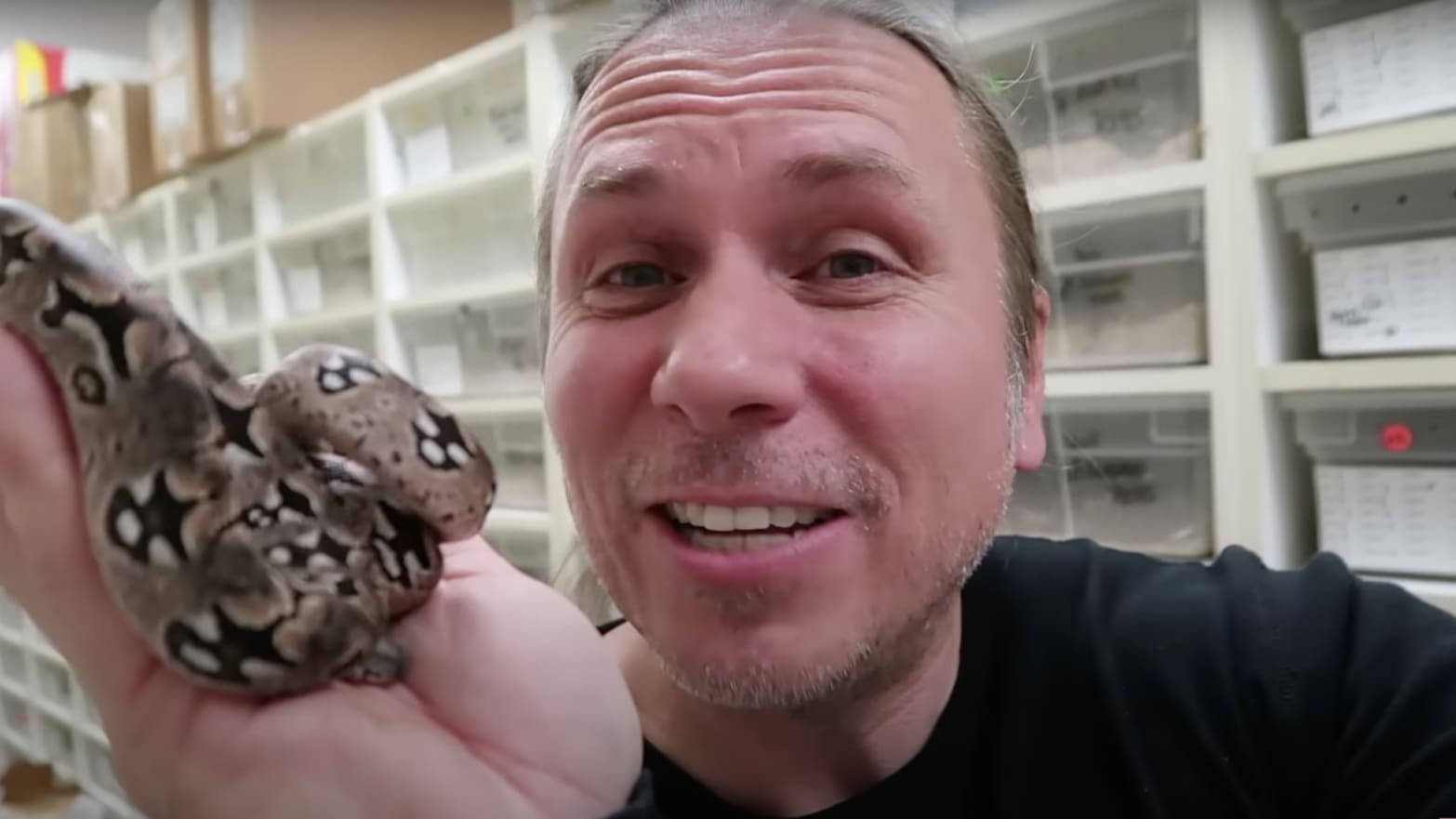Brian Barczyk's Battle With Pancreatic Cancer: A Story Of Hope And Resilience
Pancreatic cancer is one of the most aggressive and deadly forms of cancer, with a five-year survival rate of just 9% in the United States. However, the story of Brian Barczyk, a 65-year-old former NFL player, is a testament to the human spirit's ability to overcome even the most daunting challenges. In this article, we will delve into Brian's battle with pancreatic cancer, exploring the factors that contributed to his diagnosis, the treatment options he faced, and the lessons he learned along the way.
Brian Barczyk, a linebacker who played for the Pittsburgh Steelers, Los Angeles Rams, and Philadelphia Eagles, was diagnosed with pancreatic cancer in 2017. At the time, he was an active advocate for cancer research and awareness, having participated in several charity events and fundraising campaigns. However, his own experience with the disease was far from ordinary.
One of the factors that contributed to Brian's diagnosis was his family history of pancreatic cancer. His father had passed away from the disease, and Brian had noticed a lump in his pancreas during a routine examination at the gym. He initially dismissed it as a minor issue, but as the days went by, the lump grew in size, and he began to experience severe abdominal pain.
In this article, we will explore the story of Brian Barczyk's battle with pancreatic cancer, including his diagnosis, treatment options, and the lessons he learned along the way.
Understanding Pancreatic Cancer
Pancreatic cancer is a complex and multifaceted disease, accounting for approximately 3% of all new cancer cases worldwide. The disease is typically diagnosed in people over the age of 65, although it can occur at any age.
Types of Pancreatic Cancer
There are several types of pancreatic cancer, including:
• Adenocarcinoma: The most common type of pancreatic cancer, accounting for approximately 85% of cases.
• Pancreatic neuroendocrine tumors (PNETs): A rare type of pancreatic cancer that arises from hormone-producing cells.
• Acinar cell carcinoma: A rare type of pancreatic cancer that arises from the acinar cells, which produce digestive enzymes.
Risk Factors
Several factors increase a person's risk of developing pancreatic cancer, including:
• Family history: Having a first-degree relative with pancreatic cancer increases a person's risk.
• Smoking: Smoking is a significant risk factor for pancreatic cancer, with smokers being three times more likely to develop the disease.
• Obesity: Being overweight or obese increases a person's risk of developing pancreatic cancer.
• Diabetes: People with diabetes are at increased risk of developing pancreatic cancer.
Symptoms
Pancreatic cancer often does not produce noticeable symptoms in its early stages, making it difficult to diagnose. However, as the disease progresses, symptoms may include:
• Abdominal pain: Pain in the upper abdomen that worsens over time.
• Weight loss: Unexplained weight loss, often accompanied by fatigue.
• Jaundice: Yellowing of the skin and eyes due to a buildup of bilirubin.
• Fatigue: Feeling weak and tired.
Treatment Options
The treatment options for pancreatic cancer depend on the stage of the disease, as well as the patient's overall health. The most common treatment options include:
• Surgery: Removing the tumor and surrounding tissue through an open surgery or minimally invasive procedure.
• Chemotherapy: Using medication to kill cancer cells, often in combination with radiation therapy.
• Radiation therapy: Using high-energy rays to kill cancer cells.
• Targeted therapy: Using medications that target specific genetic mutations that contribute to the growth and spread of cancer cells.
Brian Barczyk's Story
Brian Barczyk's diagnosis with pancreatic cancer was a shock to his family and friends. At the time, he was an active advocate for cancer research and awareness, and his diagnosis seemed to contradict his previous health and wellness habits.
However, Brian's attitude towards his diagnosis was one of resilience and determination. He underwent a series of tests and examinations, including a CT scan and biopsy, to confirm the diagnosis.
Early Treatment
Brian underwent surgery to remove the tumor, which was located in the pancreatic head. The surgery was successful, and the tumor was removed without complications.
Follow-up Care
After the surgery, Brian underwent several months of follow-up care, including regular check-ups with his oncologist and physical therapy to regain strength and mobility.
Support System
Brian's family and friends were a vital part of his support system during his treatment. His wife, Melanie, was particularly supportive, and the couple's children and grandchildren helped to care for them during the challenging times.
Lessons Learned
Brian's experience with pancreatic cancer taught him several valuable lessons, including:
• The importance of staying positive and focused on the future.
• The value of maintaining a strong support system.
• The need to prioritize one's health and wellness.
In the final stages of the article, we will explore the impact of Brian Barczyk's story on others, including his advocacy work and the lessons he learned along the way.
Impact of Brian Barczyk's Story
Brian Barczyk's story has had a profound impact on others, including his advocacy work and the lessons he learned along the way.
Advocacy Work
Brian has become an advocate for pancreatic cancer awareness and research, speaking at numerous events and fundraisers. He has also participated in several charity events, including a charity golf tournament and a fundraising walk.
Lessons Learned
Brian's experience with pancreatic cancer taught him several valuable lessons, including:
• The importance of staying positive and focused on the future.
• The value of maintaining a strong support system.
• The need to prioritize one's health and wellness.
In conclusion, Brian Barczyk's battle with pancreatic cancer is a testament to the human spirit's
Hisashi Real Pos
Barron Trump Height
Sophie Rain Age
Article Recommendations
- Competitiveeo Rank
- Constance Meester
- Zoechip
- Maddie Price
- Icepice
- Rainbowdragonvip
- My Pillow Net Worth
- Simon Cowell Funeral
- Brandi Passante
- Bryshere Gray



